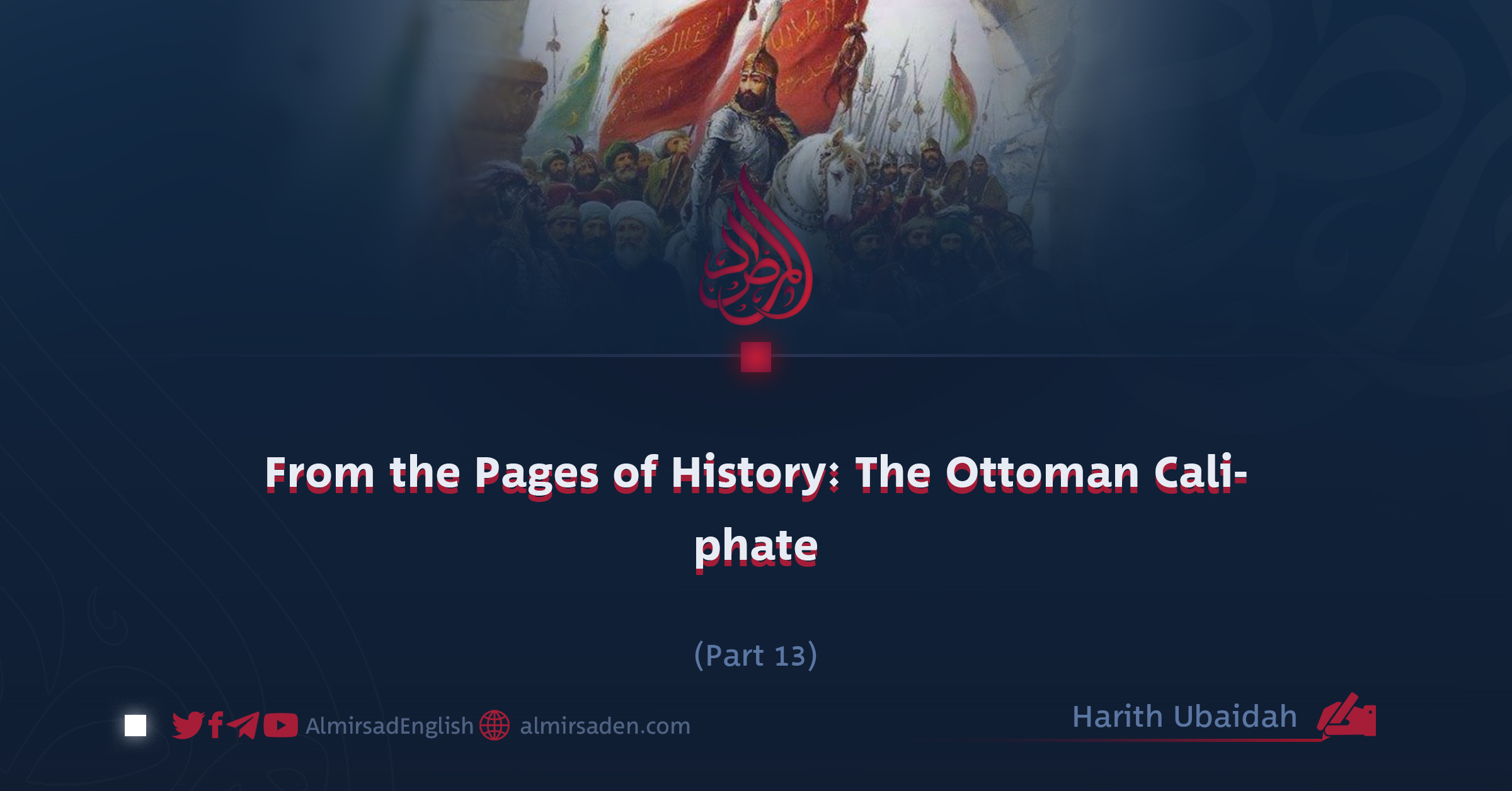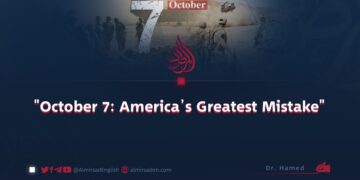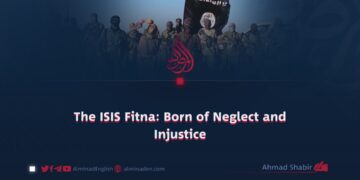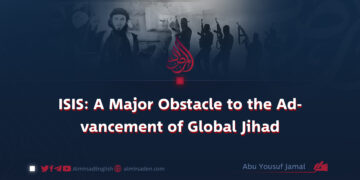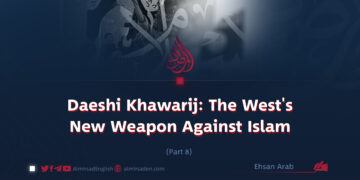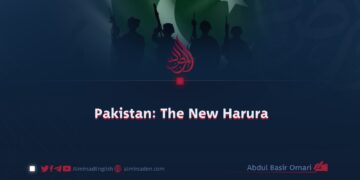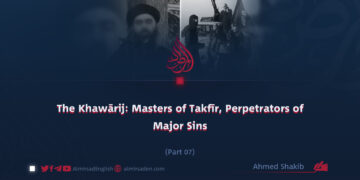Part 13
Author: Harith Ubaidah
Throughout history, certain biased historians have perpetuated the claim that the Janissary corps of the Ottoman Empire was composed of Christian children who were forcibly taken from their parents and converted to Islam. These historians refer to this alleged practice as the “Devshirme system,” asserting that it operated under a legal framework that imposed a so-called “child tax” on Christian populations. They argue that Muslims, under this system, would seize five children from cities and Christian regions as part of the one-fifth share of war spoils (Khums), subsequently converting them to Islam by force.
Prominent among those who have promoted this narrative are Carl Brockelmann, Edward Gibbon, and Jebb. These individuals, through their writings, have attempted to distort the legacy of the Ottoman Empire and tarnish its historical record.
However, the reality was quite different from these claims. The notion of forced child taxation and conversion is a fabrication, forcibly inserted into the historical accounts of Ottoman sultans such as Orhan and Murad Khan, and unjustly extended to the entire Ottoman state. In truth, the Ottoman administrative system levied taxes on Muslims, not on children, and certainly not through coercive means targeting the young. Islam, the official religion of the Ottoman Empire, categorically forbids the taxation of children under any circumstances. Therefore, the claim that children were taxed or forcibly converted is not only unsubstantiated but also fundamentally incompatible with Islamic principles.
What actually occurred was that the Ottoman state, confronted with the humanitarian consequences of prolonged warfare, developed structured systems of care for orphans—particularly those who had lost their parents in the chaos of battle. These children, often found wandering alone in the streets of newly conquered territories, were gathered by Ottoman authorities and placed under state guardianship. Far from being exploited, these children were provided shelter, care, and education grounded in Islamic values, with the intention of securing for them a hopeful and dignified future.
One may rightly ask: can any religion other than Islam claim to offer such a compassionate and structured guarantee for orphaned children?
Tragically, rather than challenging these spurious allegations, some Muslim historians have echoed them in their academic works, incorporating them into curricula taught at schools and universities as if they were established facts. These narratives have been repeated uncritically, thereby giving undue legitimacy to falsehoods.
Among those who have perpetuated these claims are Fareed Bey in his work Al-Dawlah Al-‘Aliyah Al-‘Uthmaniyyah, Dr. Ali Hassoun in Tarikh al-Dawlah al-‘Uthmaniyyah, Muhammad Kurd Ali in Khitat al-Sham, Dr. Omar Abdul Aziz in Lectures on the History of Islamic Nations, and Dr. Abdul Karim Gharbiya in The Arabs and the Turks. Despite their scholarly standing, these authors have unfortunately revived and reinforced allegations originally crafted by prejudiced Christian historians.
The truth remains that these are fabricated stories—myths without any foundation in authentic Islamic sources. Their roots lie not in the traditions of Islam, but in the writings of polytheists and Christian polemicists, who falsely alleged that Muslims taxed children and enacted laws to abduct non-Muslim offspring in conquered territories. Among the most vocal of these were Somerville and Brockelmann, whose anti-Islamic bias is evident throughout their works.
Such historians have deliberately misrepresented Islamic history, thereby depriving future Muslim generations of the knowledge of their rich and luminous past. The children who received specialized military training under the Ottomans were not forcibly taken Christian youths, but rather the children of Muslim converts who had voluntarily renounced Christianity and embraced Islam as the sole path to fulfillment. These families entrusted their children to the state willingly, seeking for them an upbringing rooted in Islamic teachings and values.
As for the remaining children—those rendered orphans by the ravages of war—the Ottoman state embraced them, raised them in accordance with Islamic ethics, and housed them in barracks established for their care and training. The military corps established by Sultan Orhan was a professional and disciplined force, always ready for battle and stationed in designated garrisons.
Among the Ottoman ranks were not only members of the royal household, but also valiant mujahideen—men whose hearts were illuminated by the light of Islam, ever prepared to respond to the call of jihad and defend the Islamic realm.































